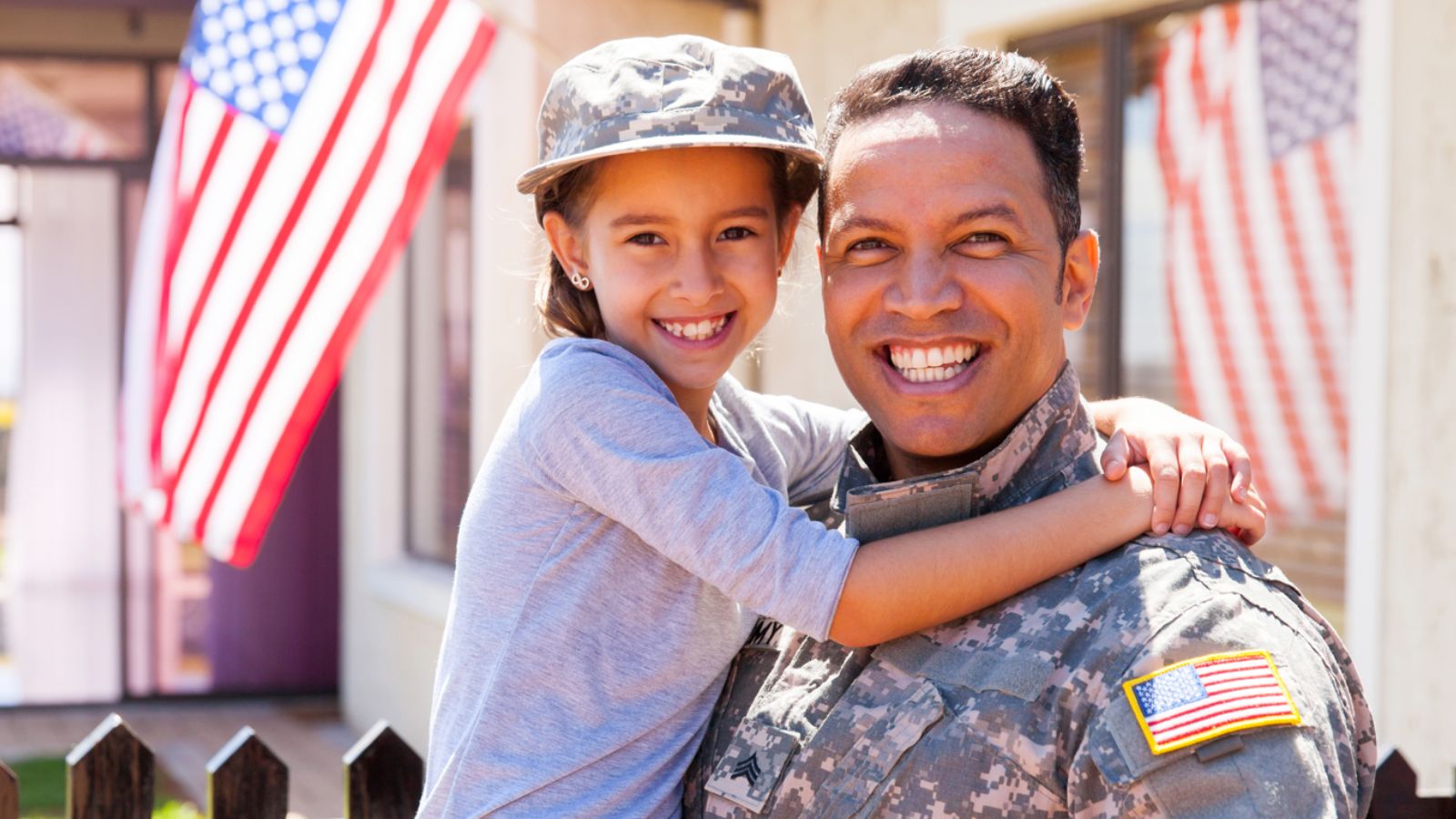A career in the military is an incredibly rewarding way to serve America, learn new skills, and develop a deep sense of belonging. Veterans often display these 18 telltale habits they picked up during their time in the military.
Punctuality and Discipline
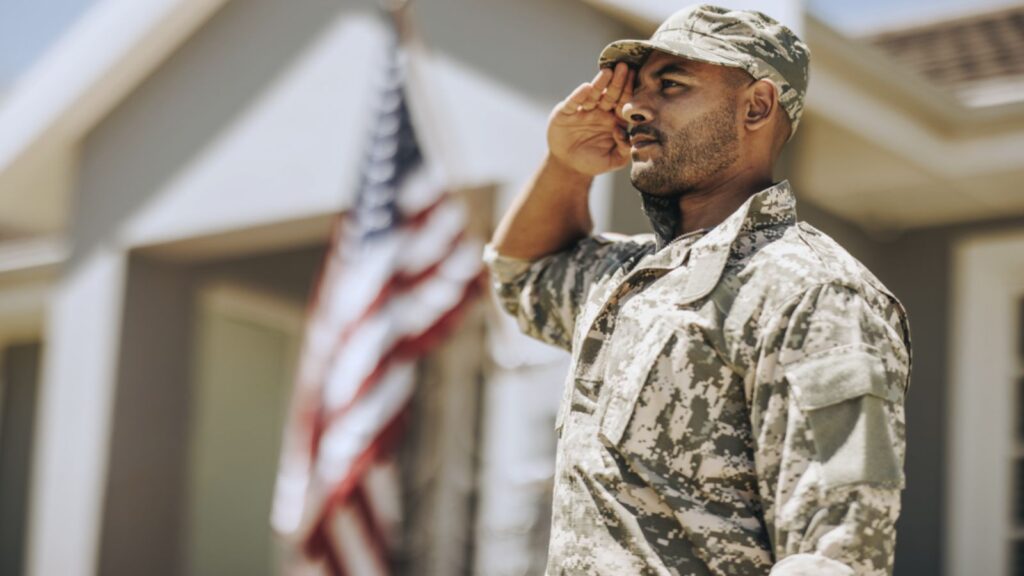
Life in the military is defined by a rigorous schedule that leads to a deeply ingrained sense of punctuality. Veterans served in an environment that didn’t tolerate tardiness and often stick to structured daily routines in their civilian lives.
Physical Fitness

Soldiers are more active than the average American, and veterans regularly engage in weightlifting, cardio, and sports. They understand the importance of regular physical activity in maintaining mental health. VA News explains, “Regular exercise provides a sense of routine and discipline, which helps with adaptation outside the military environment.”
Sense of Duty
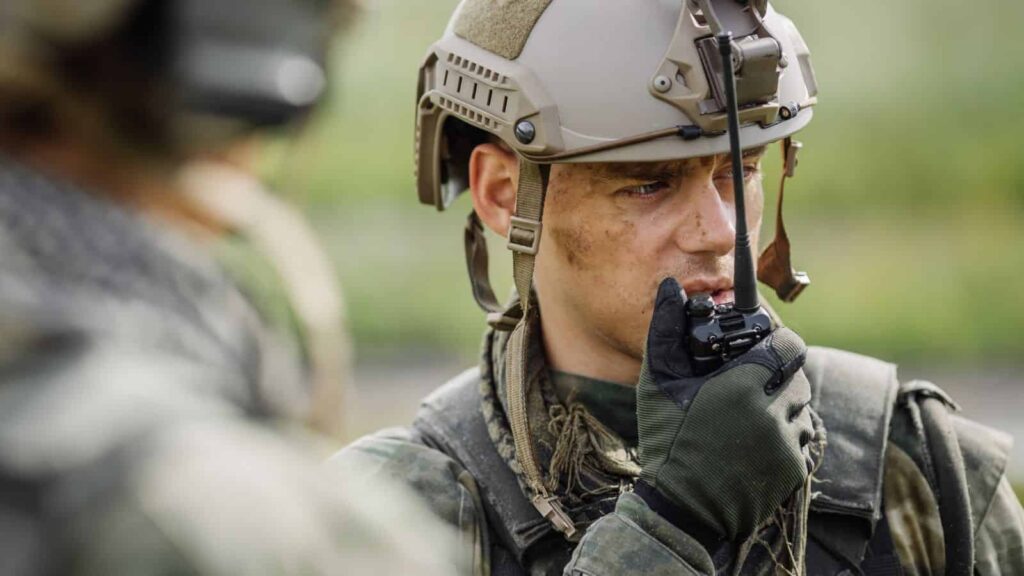
A career in the military instills in veterans a sense of duty and responsibility that they carry into their civilian lives. They’re often community volunteers who help others instinctively without seeking recognition.
Adaptability
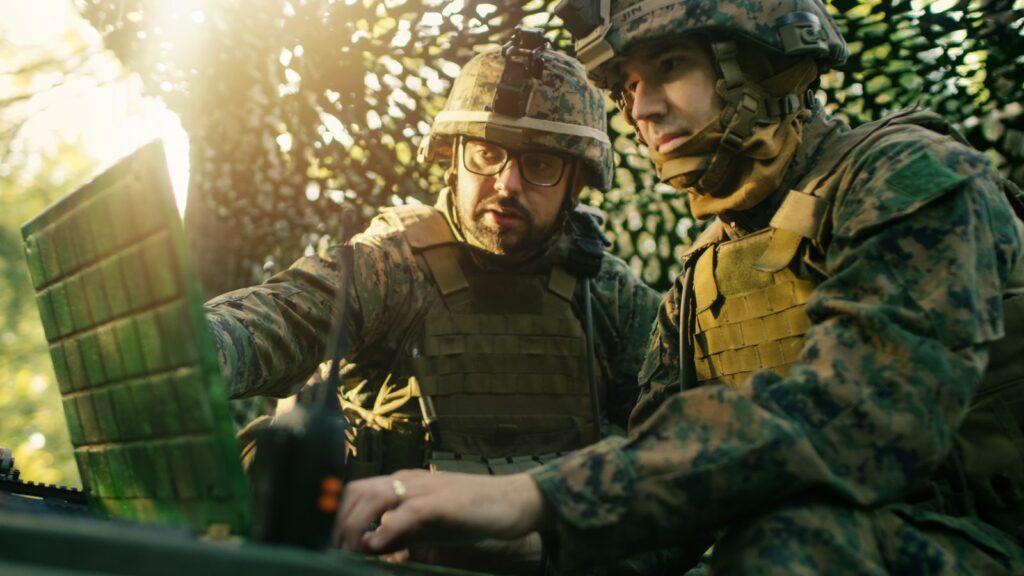
Veterans had to make rapid adjustments and decisions in combat zones based on the situation at hand. These scenarios necessitated quickly implementing innovative solutions, so veterans usually quickly adapt to new environments.
Commitment to Public Service Post-Military
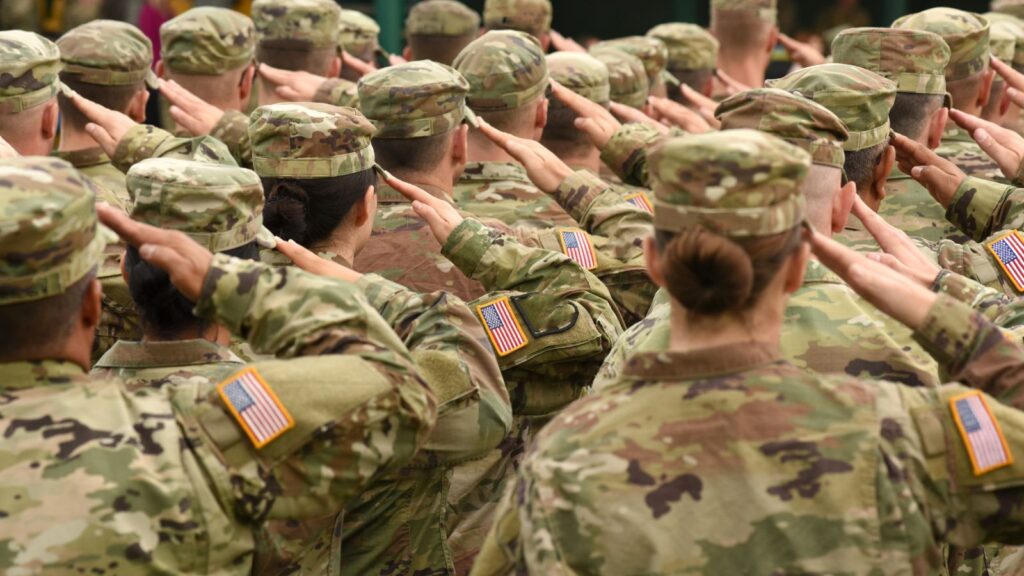
The White House noted four veterans, Ben Cobley, Claire Russo, Jimmy Anderson, and Maria Carolina González-Prats, who have gone on to public service after serving in the military. Veterans often work in government roles after their military careers end.
Respect for Authority
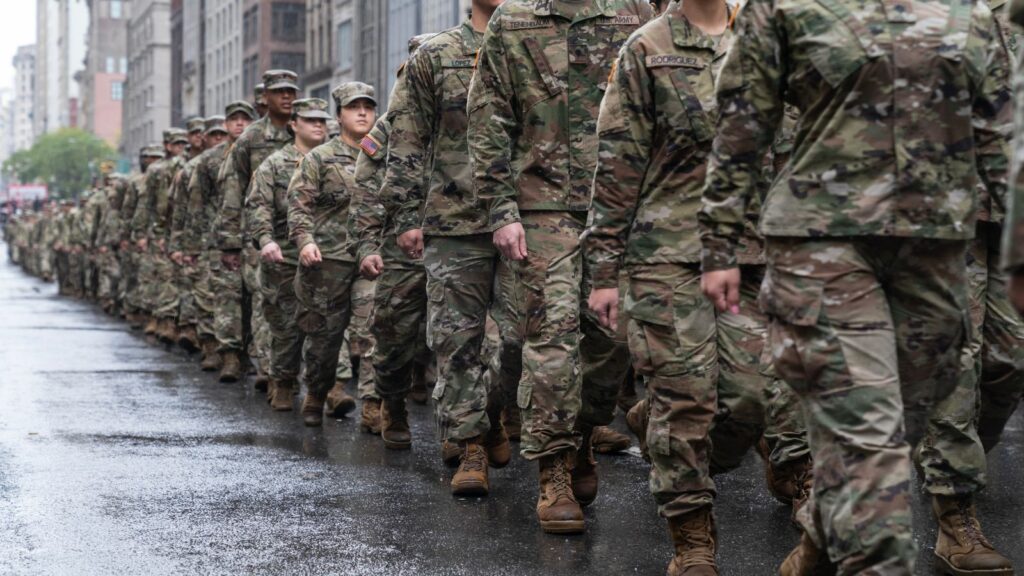
The military has a clear chain of command that allows orders to be passed along within and between units. Veterans have experience following their superior officers and taking this respect for authority into their professional careers.
A Sense of Camaraderie
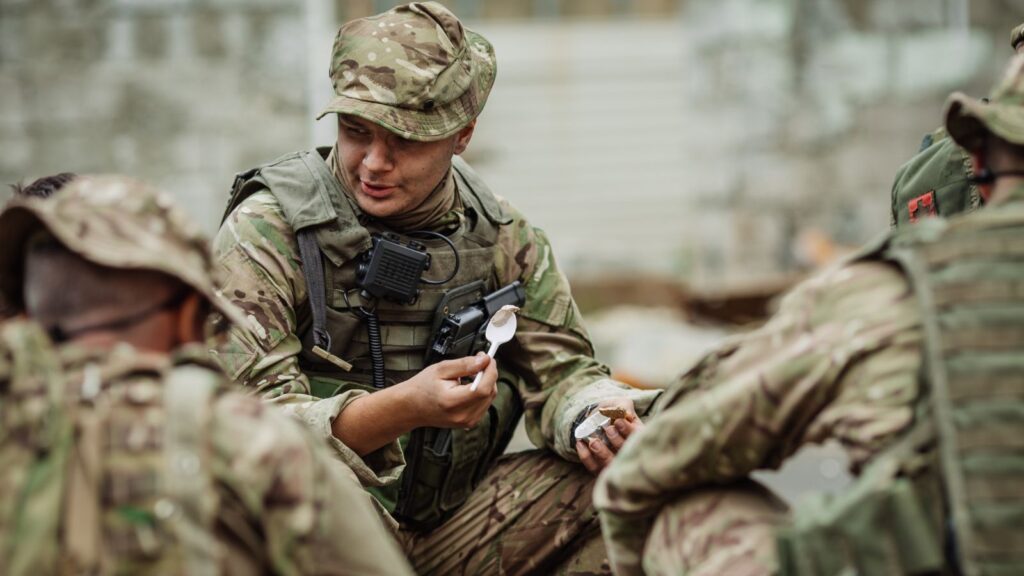
The military is famous for its camaraderie and sense of brotherhood. Veterans often fondly talk about the strong bonds they formed while serving in close-knit units, taking that sense of camaraderie into their civilian lives.
Strategic Thinking

Strategic thinking involves developing comprehensive plans to achieve long-term goals. It’s essential in military operations, so veterans are well-experienced strategic thinkers and will use the skill to navigate their work lives.
Respect for the Flag
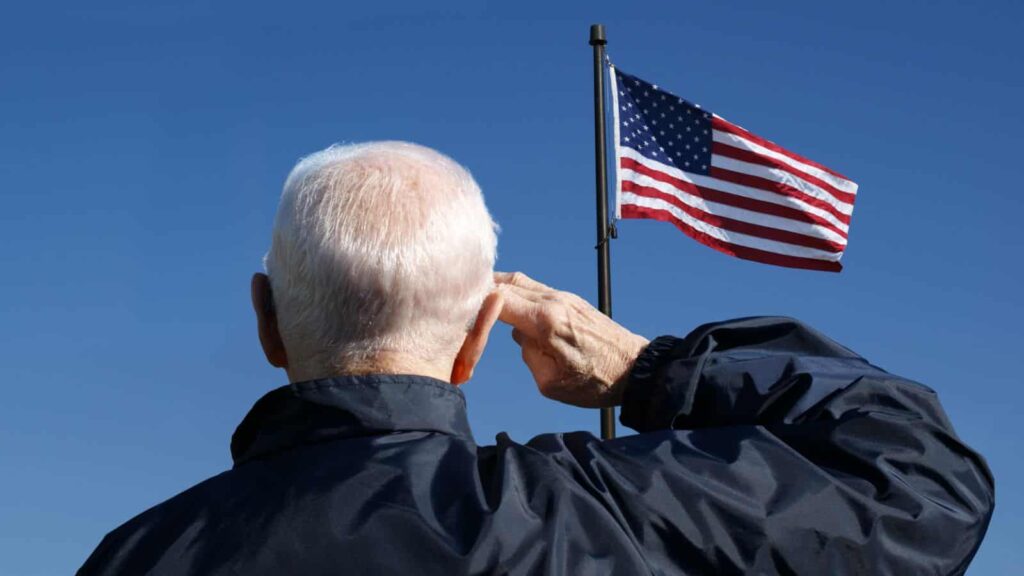
Veterans are often more aware of proper flag etiquette than the average American, knowing where it should be placed and what direction it should face. Veterans of Foreign Wars explains that veterans not in uniform can render the military salute along with service members in uniform.
Liking Structure and Order
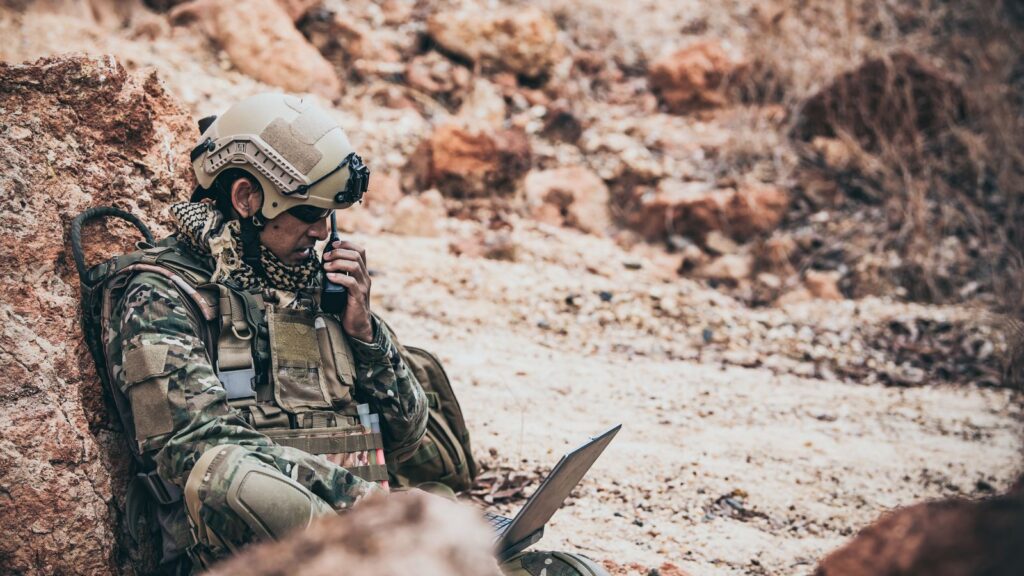
The military has a clear structure, with well-defined leadership and unit positions. Veterans used to this organized, structured lifestyle will likely prefer similar environments in their post-military careers.
Situational Awareness
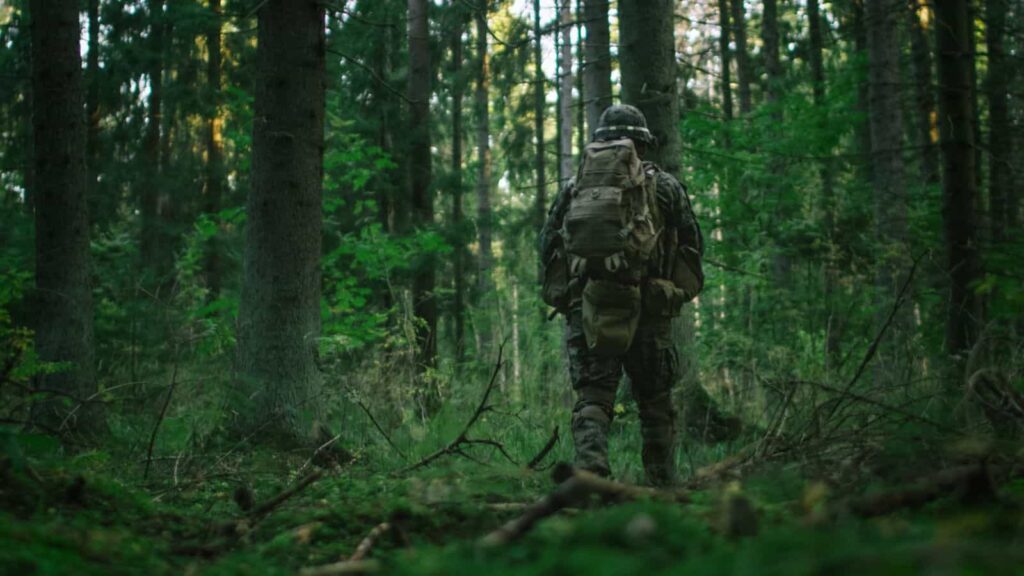
In the military, servicemembers must constantly be aware of their operating environments and gather and interpret information about friendly and hostile forces, terrain, and weather. This situational awareness often leads them to take on protective roles in group settings.
Mastery of Non-Verbal Communication
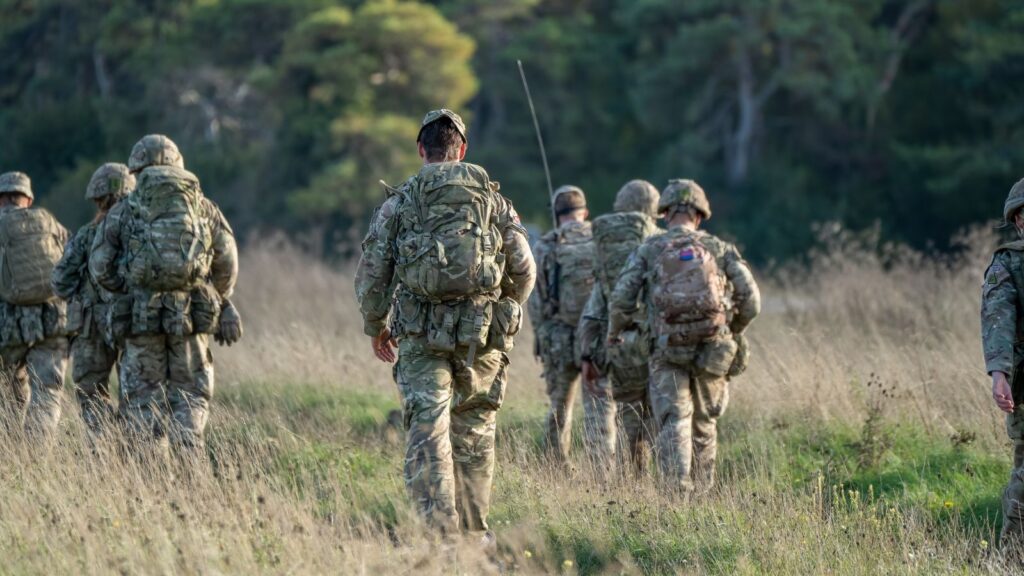
Non-verbal communication is essential in the military and is used in combat situations like raids. Veterans are often experts at recognizing and interpreting the non-verbal cues of others in their post-military careers and personal lives.
Pride in Service
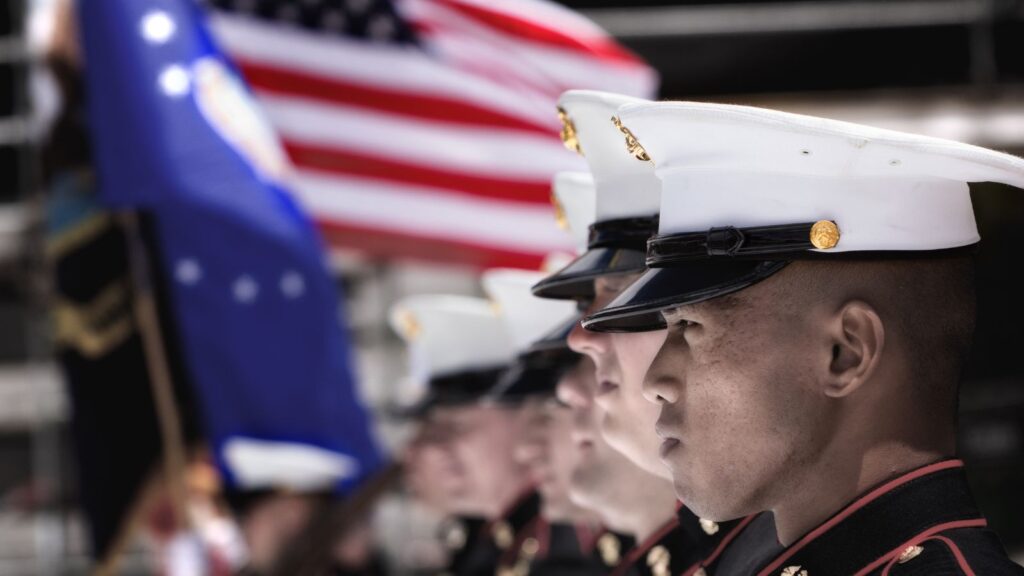
Most veterans are proud of their military accomplishments and the time they spent serving their country. Feelings of pride are more common among pre-9/11 veterans, but for most, their military service is an important part of their identity.
Attention to Detail
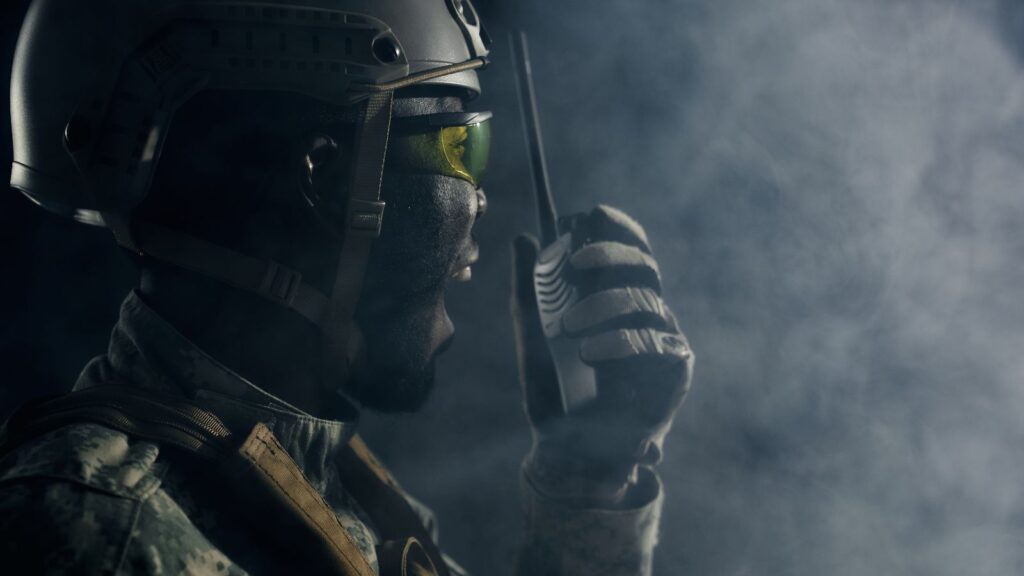
Attention to detail is essential in the military and can be the difference between life and death on the battlefield. U.S. Veterans Magazine argues that veterans “understand the importance of precision,” allowing them “to pay high attention to detail.”
Humility
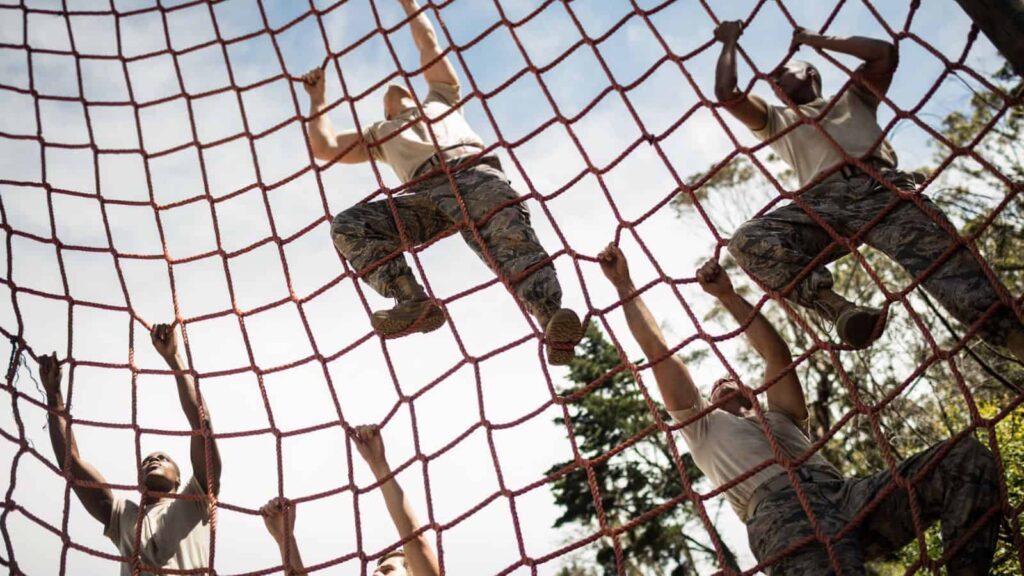
Veterans are rarely arrogant people; they appreciate the contributions of others and value teamwork. They’re quick to acknowledge if they’ve been helped by others at work or in their personal lives.
Leadership
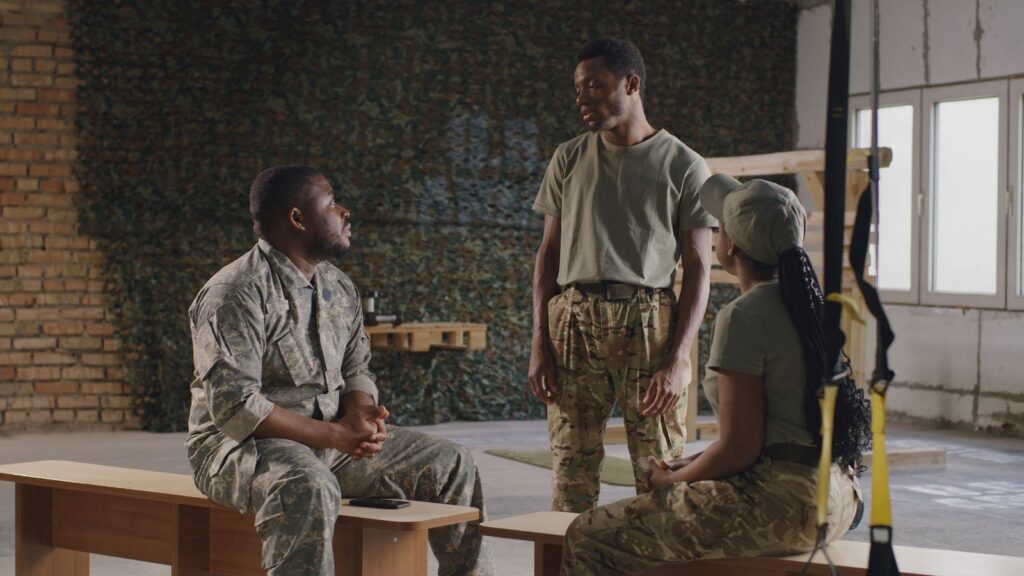
Veterans make good leaders in the workplace and often have extensive leadership experience. VA News cites a report by the Center for American Progress that found “12% of veterans are employed in executive or senior-level positions” and are “more likely to be employed in leadership positions than non-veterans.”
Interest in Learning New Things
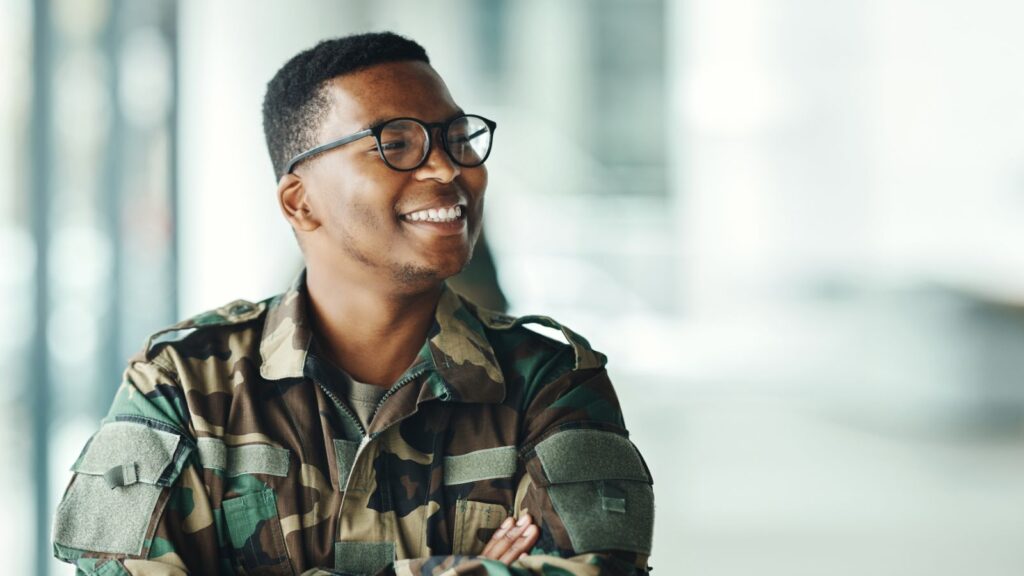
Veterans had to learn new jargon, technologies, and tactics during their military service. They carry this desire to learn new things into their civilian lives and often take a keen interest in technology.
Strong Moral Core
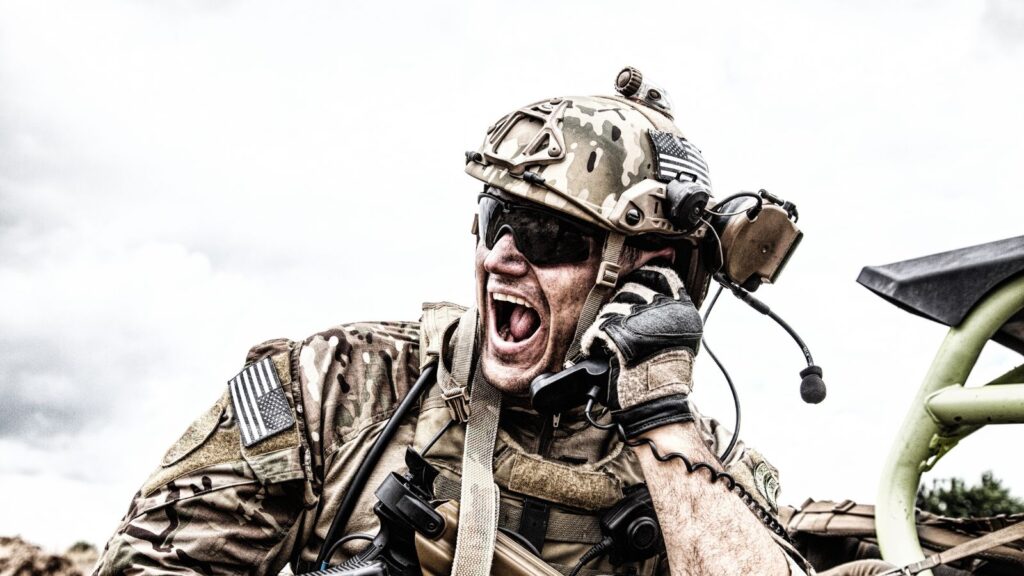
Life in the military, especially in combat zones, often requires tough ethical decisions that have to uphold America’s moral principles. Veterans demonstrate a keen sense of right and wrong in their work and personal actions.
Up Next: 20 Things Your Boss Is Legally Forbidden to Ask of You

The workplace should be a professional environment free from discrimination and harassment. While employers have the authority to ask questions regarding legal work obligations, there are certain personal boundaries they cannot cross. Whether it’s an invasion of privacy or an unfair request, here are 20 examples of things your boss is legally prohibited from asking of you.
20 Things Your Boss Is Legally Forbidden to Ask of You
18 Things That Say You Are Middle-Class and Not Rich

The difference between the rich and middle class can be confusing, but the two couldn’t be further from each other in reality. In this article, we look at 18 signs that someone is middle class but not at all rich or wealthy.
18 Things That Say You Are Middle-Class and Not Rich
18 Most Dangerous Cities in the World (5 Are in America)

Across the globe, there are many places you don’t want to find yourself because of the crimes waiting to occur. Sometimes, even nature can be cruel to you. This is particularly the case in the following 18 most dangerous cities in the world, five of which are in America!

